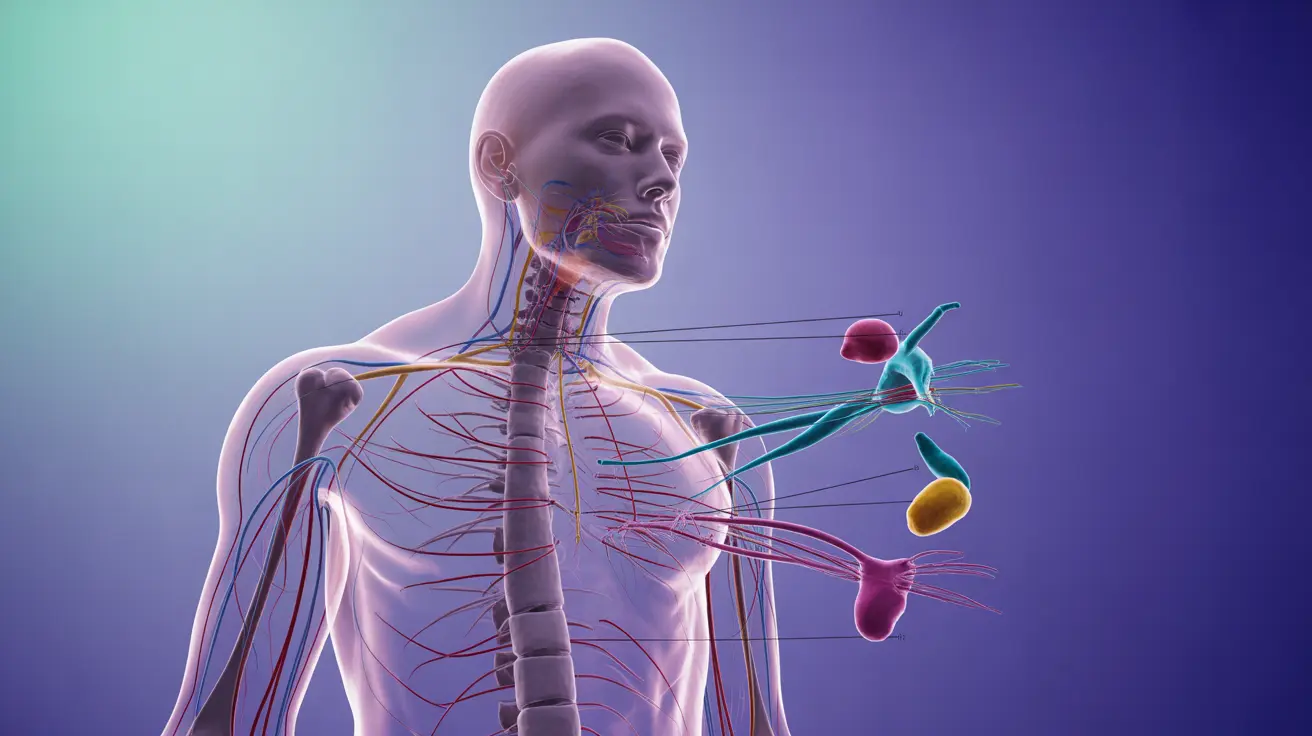Being underweight is a serious health concern that often doesn't receive the same attention as obesity, yet it can lead to numerous significant health complications. Understanding how underweight is dangerous and its impact on overall health is crucial for recognizing and addressing this condition effectively.
This comprehensive guide explores the various health risks associated with being underweight, from compromised immune function to fertility issues, and provides insights into diagnosis, causes, and treatment options.
Understanding What It Means to Be Underweight
Medical professionals typically classify someone as underweight when their Body Mass Index (BMI) falls below 18.5. However, this measurement is just one indicator, and healthcare providers often consider other factors such as body composition, age, and overall health status when making a diagnosis.
Major Health Risks of Being Underweight
Compromised Immune System
One of the most significant ways how underweight is dangerous relates to immune function. When the body lacks adequate nutrition, it struggles to maintain a robust immune system, making individuals more susceptible to infections and increasing recovery time from illnesses.
Bone Health Concerns
Insufficient body weight often correlates with reduced bone density, increasing the risk of osteoporosis and fractures. This is particularly concerning for women, who are already at higher risk for bone density issues as they age.
Nutritional Deficiencies
Being underweight frequently results in various nutritional deficiencies, including:
- Iron deficiency anemia
- Vitamin D deficiency
- Calcium deficiency
- B-vitamin deficiencies
Impact on Reproductive Health
Being underweight can significantly affect reproductive health, particularly in women. The body may shut down non-essential functions, including reproduction, when it doesn't receive adequate nutrition. This can lead to:
- Irregular or missed menstrual periods
- Difficulty conceiving
- Increased risk of pregnancy complications
- Reduced fertility in both men and women
Causes and Risk Factors
Several factors can contribute to being dangerously underweight:
- Eating disorders such as anorexia nervosa
- Chronic medical conditions
- Genetic factors
- Mental health issues
- Medications that affect appetite
- Malabsorption disorders
Treatment Strategies and Weight Gain Approaches
Healthy weight gain requires a comprehensive approach that includes:
- Increasing caloric intake with nutrient-dense foods
- Adding healthy fats to the diet
- Incorporating strength training exercises
- Eating more frequent meals throughout the day
- Working with healthcare providers to address underlying causes
Frequently Asked Questions
What are the main health risks associated with being underweight?
The main health risks include compromised immune function, decreased bone density, nutritional deficiencies, reproductive issues, and increased susceptibility to infections and illness. Being underweight can also lead to muscle weakness and fatigue.
How can being underweight affect my immune system and ability to recover from illness?
Being underweight often means the body lacks essential nutrients needed for proper immune function. This can result in frequent infections, slower wound healing, and longer recovery times from illnesses.
What causes someone to become dangerously underweight, and how is it diagnosed?
Causes include eating disorders, medical conditions, genetic factors, and mental health issues. Diagnosis typically involves BMI calculation, physical examination, medical history review, and potentially blood tests to check for underlying conditions.
What are the recommended treatments or strategies to safely gain weight and improve health if underweight?
Recommended strategies include increasing caloric intake with nutrient-rich foods, eating more frequent meals, adding healthy fats to the diet, strength training exercises, and addressing any underlying medical or psychological conditions with healthcare professionals.
How does being underweight impact women's menstrual cycles and fertility?
Being underweight can cause irregular or missed periods (amenorrhea), difficulties conceiving, and increased risk of pregnancy complications. The body may suppress reproductive functions when it doesn't receive adequate nutrition to maintain essential operations.




